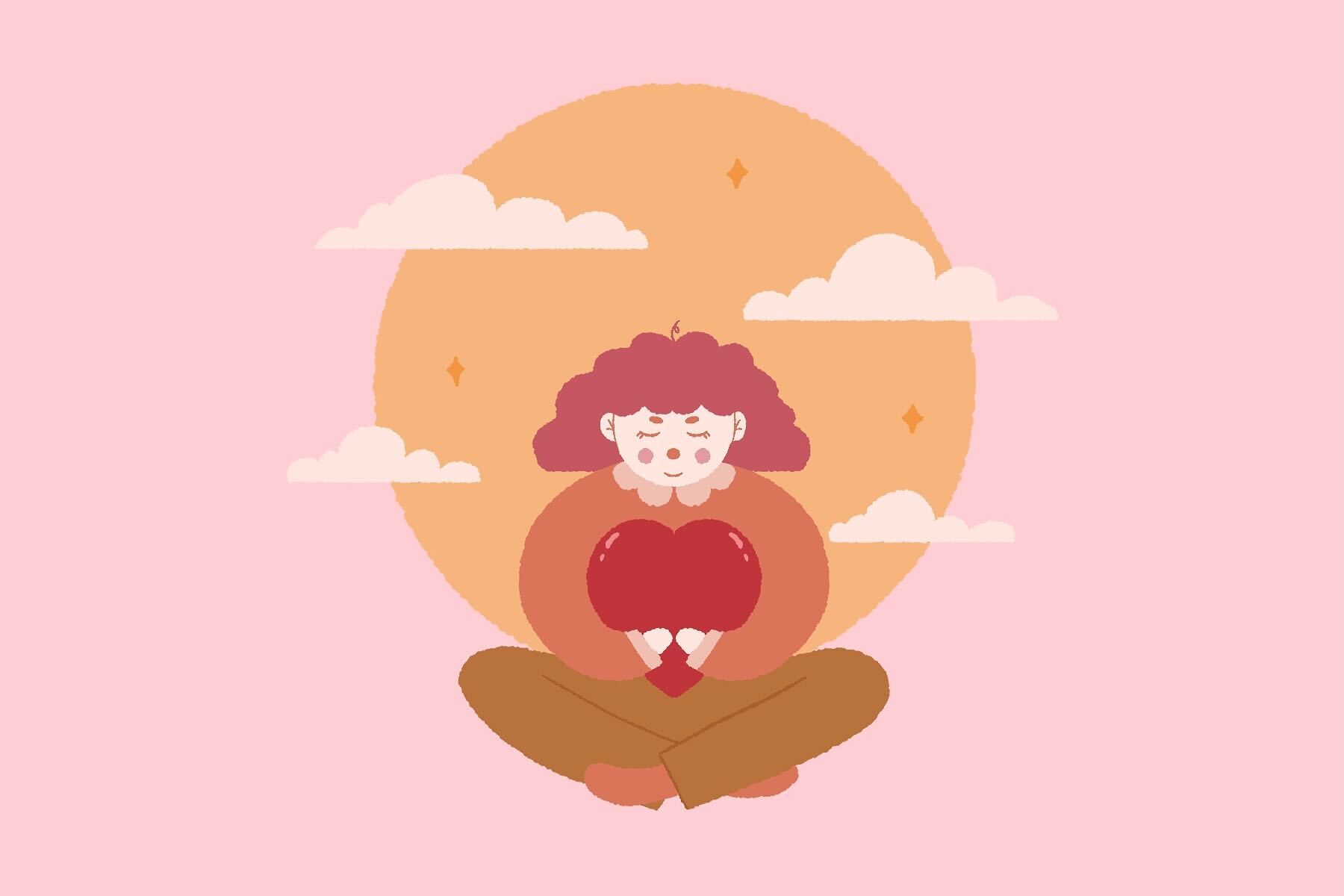“Are you being mindful?” That’s the question my English teacher asked me when I went to visit her after my freshman year of college. I’m not sure how we got on the topic of mindfulness, but I replied, “What is up with this present moment s—?” My teacher laughed.
The term mindfulness is used by many, especially in the field of psychology. Being mindful means being aware or conscious of something. However, we can’t be mindful all the time, and maybe our definition of mindfulness needs to shift as our culture shifts. I try to be present and live in the moment whenever I’m having an important experience or when I want to focus on accomplishing a task. However, human brains are wired to wander, and thoughts can take over our headspace whether we like it or not. Getting distracted by my own thoughts is very irritating and this is probably why I dislike reading books, because I can never concentrate. At times, there’s a thought in the back of my mind that believes that mindfulness is overrated.
There’s a reason why our minds go off track. In a New York Times article titled “We Aren’t Built to Live in the Moment,” psychologist Martin Seligman and author John Tierney discuss how the human mind looks toward the future. Instead of referring to humans as “Homo sapiens,” Seligman and Tierney suggest that “Homo prospectus” is a more fitting title. We tend to dwell a lot on the past, but we also enjoy imagining what our futures will be like. The concept of prospection allows people to predict the future and create new opportunities for themselves. It’s no wonder that we’re bored by the present — we can’t change it.
We also avoid living in the present because it can be painful, and we don’t want to confront the uncomfortable emotions associated with our current circumstances. We can only change the future by having our own agency. Our ability to make decisions in the world influences what our futures will be like, and that creates an exciting soon-to-be reality for many.
When we talk about mindfulness, people talk about focusing on one thing at a time, but in my personal experience, I have realized you can be mindful of multiple things at once. For example, something that I’m not embarrassed to admit is that I love structured procrastination. Structured procrastination involves putting off one task in favor of accomplishing another. For example, I might do my dishes instead of doing my schoolwork. In this instance, I’m being mindful while washing the dishes because I’m focused on getting them clean; at the same time, I’m well aware that I should be doing my homework. Furthermore, I think that human beings can be more mindful of the multiple situations, relationships and things going on in their lives, and that’s a good thing. It’s almost ironic that we’ve become more conscious about being mindful in our daily lives.
Lastly, I’ve noticed that while exploring the topic of mindfulness, two things are constant: time and circumstance. I’m a bit older than my fellow peers in college because I took time off from school and recently I’ve been thinking about why and how people mature. Individuals mature by reflecting on time and the circumstances they experience. The circumstance part of mindfulness is the activity an individual chooses to participate in during a given point in time. The time part of mindfulness weaves together the past, present and future. The future becomes the present, the present becomes the past and the past will eventually include both the present and the future.
Integrating these three blocks of time can help us understand and accept that time isn’t linear. Time may be linear in the physical world, but in our minds, time is non-linear because we cognitively jump around between the past, present and future. Human beings tend to do this because we can’t always control the thoughts that enter our minds. If we come to terms with the fact that we won’t always be able to live in the present moment, it will actually help us become more present because we are more familiar with our thought patterns and processes.
The coronavirus pandemic has skewed our perception of time, especially as people grieve the loss of loved ones and reconsider their daily lives. With a dangerous pandemic hanging over our heads, it’s hard to stay in the present moment and it’s even more difficult to want to stay in the present moment. Also, while a virus that continues to kill people every day is a devastating thing, something that’s very significant and touching is how people have reevaluated their lives and figured out what’s really important to them. When we think more about what we value and how we can improve and sustain our relationships with others, we become more mindful.
In a way, the meaning of mindfulness has changed because the coronavirus pandemic has shifted the way we think, the culture we live in and the world we are a part of. Cultural shifts are inevitable, and each time there’s a major shift, the term mindfulness evolves. I hope that in the near future, psychologists and other experts in the field of psychology are more open to the idea that being mindful isn’t just about living in the present. Mindfulness is about using our non-linear understanding of time and our decision-making power to build the life we want to live.
















